[Opinion] The Y2K clothing trend is harmful
A model wearing a silk top and pant by designer Marc Jacobs walks the runway during the Spring 2001 Men’s and Women’s Fashion Week in New York, New York, Sept. 18, 2000. (Todd Plitt/TNS)
May 23, 2021
There’s no denying that the fashion of the early and mid-2000s is making a comeback in 2021. This era of fashion, referred to as Y2k (short for year 2000), characterized by low rise jeans and bold fashion statements, is now the inspiration for the new generation 20 years later.
But the desire to embody the early 2000’s aesthetic often overshadows the toxicity of the time period. With the past five years in fashion and pop culture being shaped by body positivity, female unity and calling out cultural appropriation, it seems strange that the decade our generation has chosen to reincarnate is one defined by misogyny in the media, promotion of eating disorders and failure to recognize black creatives and artists.
When most teens think about 2000’s pop culture, the first things that come to mind are the celebrity scandals that dominated the era. Moments remembered as “iconic” such as Janet’s Jackson’s wardrobe malfunction, Britney Spears’s shaved head and Miley Cyrus’s provocative magazine cover were actually misogynistic attacks on women in the public eye.
These tabloid headlines were used to ridicule, tear down and shame these women. It’s all too easy to forget that the “iconic” images we are celebrating with Instagram posts using the hashtag Y2k, happened to real women, and had widespread effects on women in and out of the spotlight. The 2000s had a grip on teens and young adults, encouraging people to take part in the public degradation of celebrities who did not but dare to gain weight, or look unkempt in public.
Another issue of the Y2k era is the rapid growth and normalization of eating disorders among teens and young adults. The 1990s saw the rise of the “heroin chic” look, characterized by pale skin, dark circles underneath the eyes, a very thin physique and angular bone structure. Styles such as low-rise jeans, crop tops and micro-skirts were produced to be worn by a size 0 woman, and no one else. It is no surprise that the style saw its way into Y2k fashion trends.
TikTok fashion expert Jessica Blair explained in a post that there was an “immense” amount of body-shaming happening during this time.
“Anybody above a size 2 seemed to be demonized, fat people were blatantly ignored and clothing options for plus-sized people in the early 2000s were virtually nonexistent, thereby completely excluding fat people from fashion,” Blair said.
When the trendiest looks of the era are characterized by unachievable flat stomachs and stick-thin legs, it is no shock that through a combination of internet culture and insecurity, an eating disorder community is bound to form and take a hold on impressionable youth, but in the year 2021. it worsened. Pro-eating disorder communities have morphed with using hashtags, posts, and images on Instagram, Pinterest, Tumblr, and Tiktok that promote alternatives to eating such as “chewing ice” to mock the feeling.
The last, and most glaring issue of the Y2k era is the whitewashing of the style. Many of the fashion staples which shaped the era include bandanas, tracksuits and bucket hats, all popularized by black icons such as Missy Elliot, Notorious B.I.G. and even Destiny’s Child. Even down to the most popular accessory of the past few years: air force ones, showcased by artists like Nelly and Salt-n-Pepa.
What many teens hopping on the trend tend to ignore, is that these fads were created and/or popularized by people of color who fail to receive recognition. Instead, we have seemingly pigeonholed Y2k fashion as something worn and popularized only by the likes of celebrities like Paris Hilton and Britney Spears.
Black pop culture legends created modern streetwear and continue to influence today’s style in ways the current fashion scene is unable to fathom. In the early 2000s, and even now, it is not uncommon for young black teens who engage in Y2k fashion trends to be referred to using derogatory terms such as “ghetto” or “ratchet,” while white predominantly white social media influencers receive thousands of likes and praise for their “quirky” sense of style.
Until the fashion industry can admit the influence black creatives have had on mainstream style, and showcase the newest styles worn on the same black trendsetters who started them, the Y2k aesthetic will continue to be whitewashed, erasing the impact of black culture on the current trends.
The Y2k era was shaped by unforgettable cultural moments, and unmistakable style, but it is important to acknowledge the downfalls of the time period. Despite the trendy and quirky facade it may be presented with online, the dominant marker of 2000’s pop culture was not velour tracksuits or low rise jeans, it was deeply invasive, unrealistic, racist and misogynistic standards.

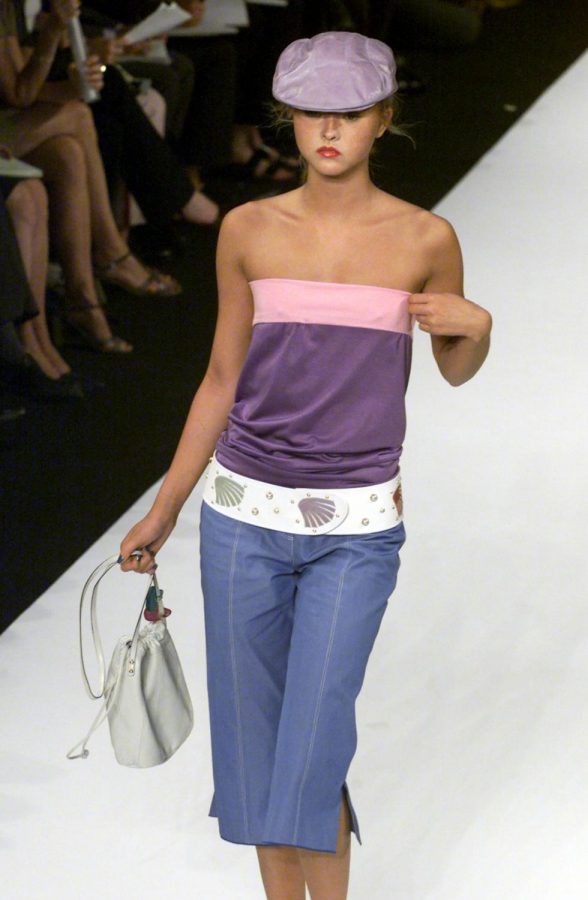





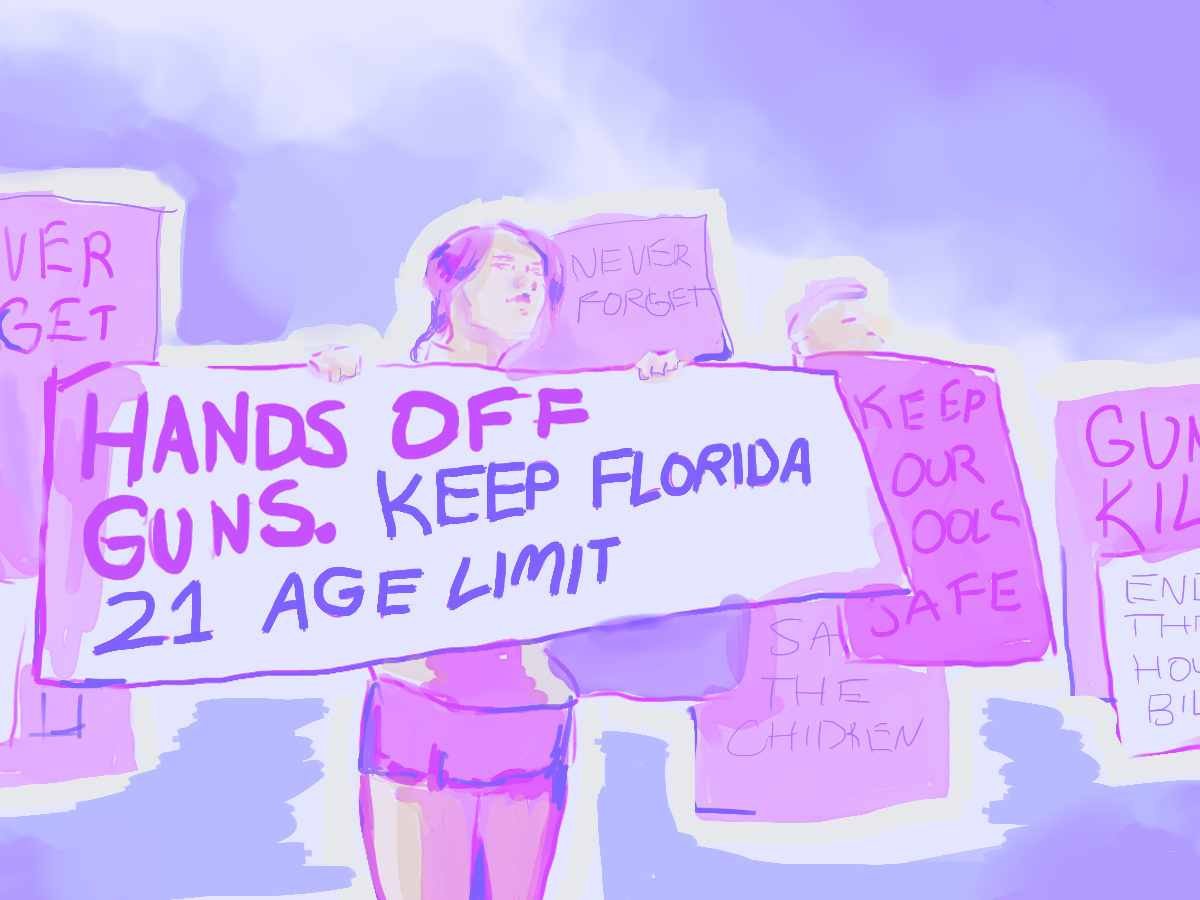
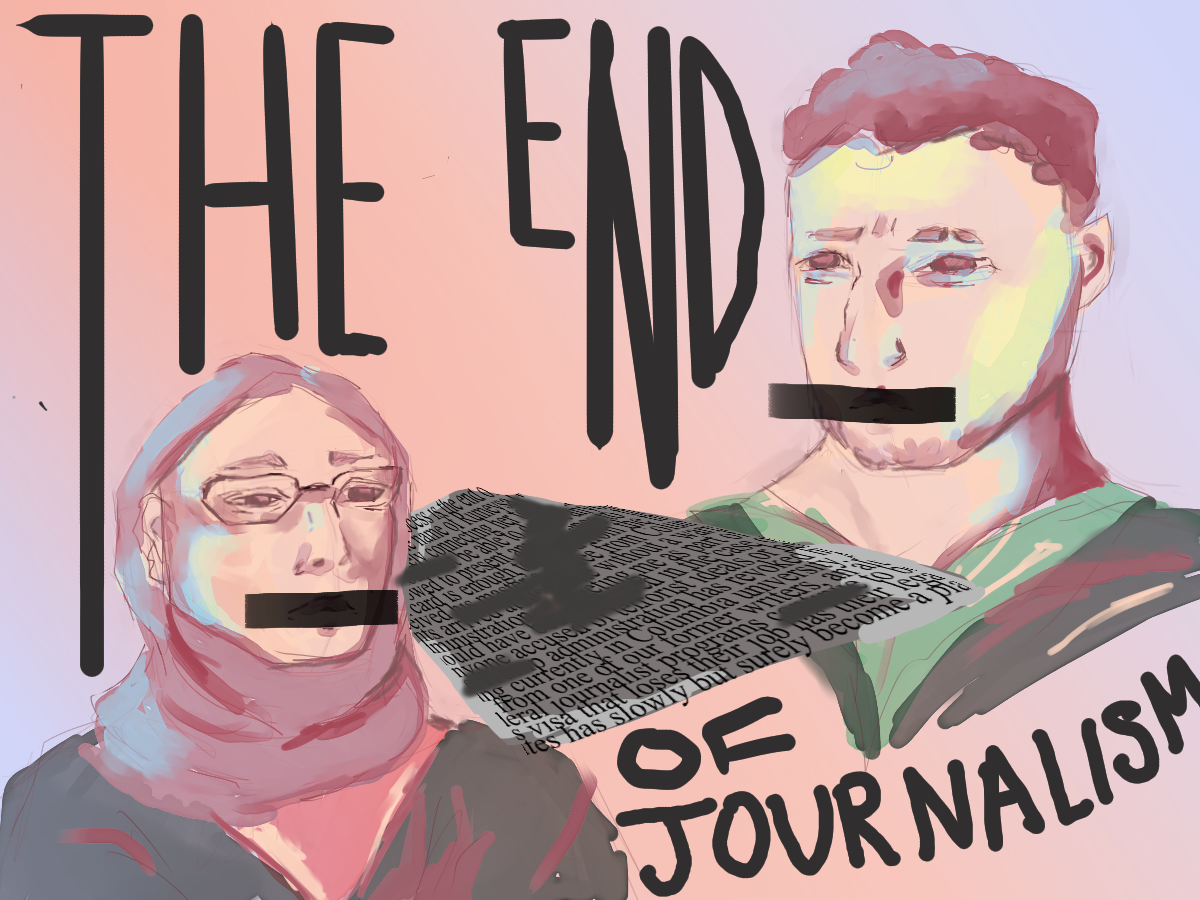
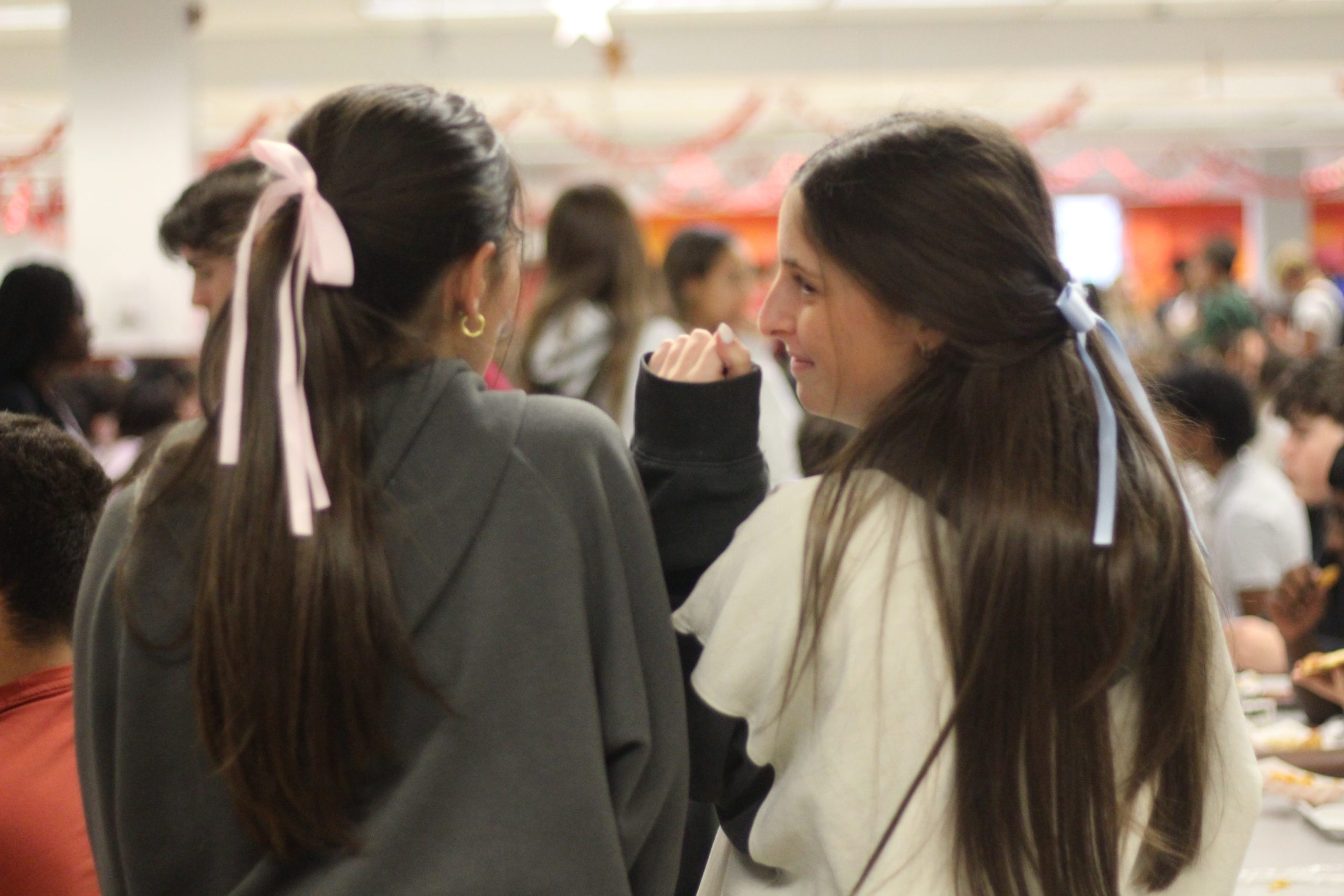
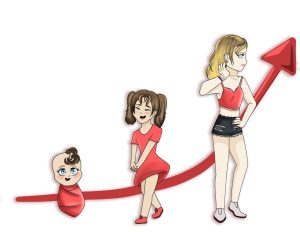

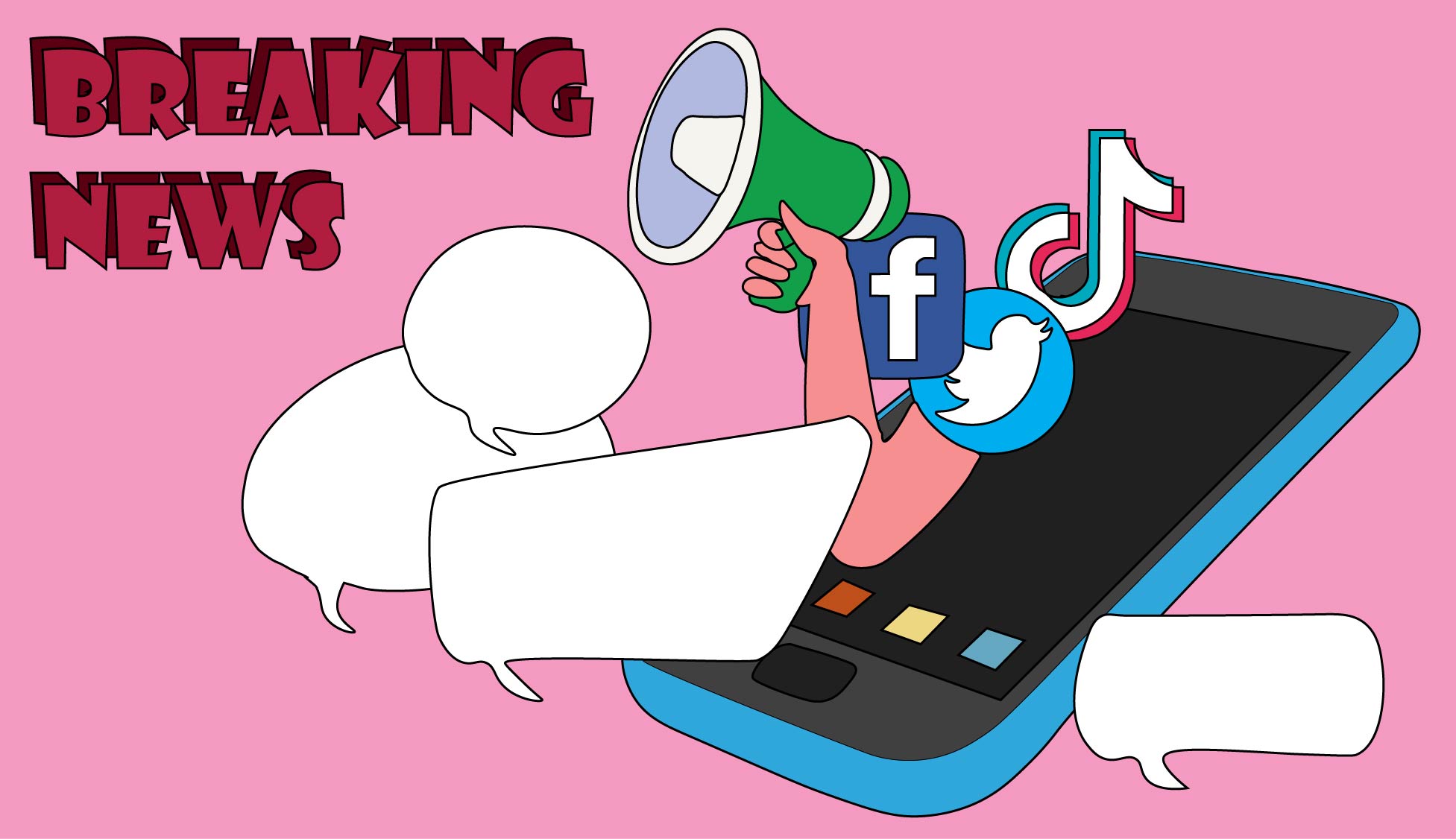
HaleyRae Christian Cannell • Jan 21, 2022 at 5:56 am
My thoughts exactly. I grew up during this era. The fashion was definitely not body positive and eating disorders were popular even the norm.